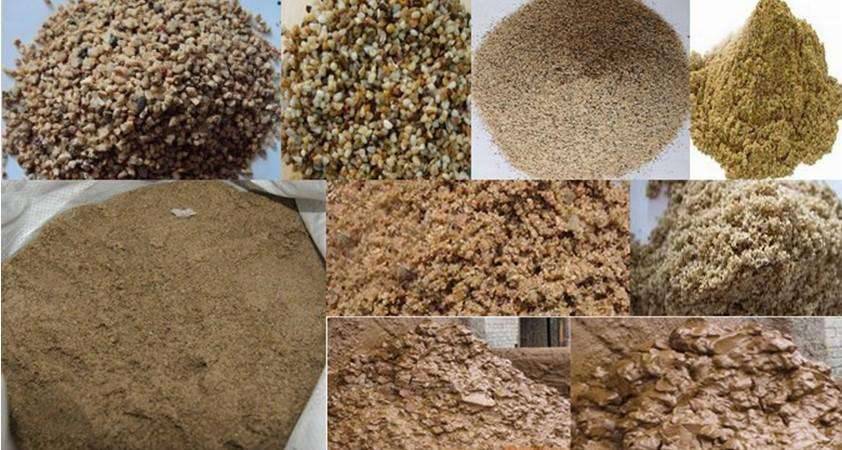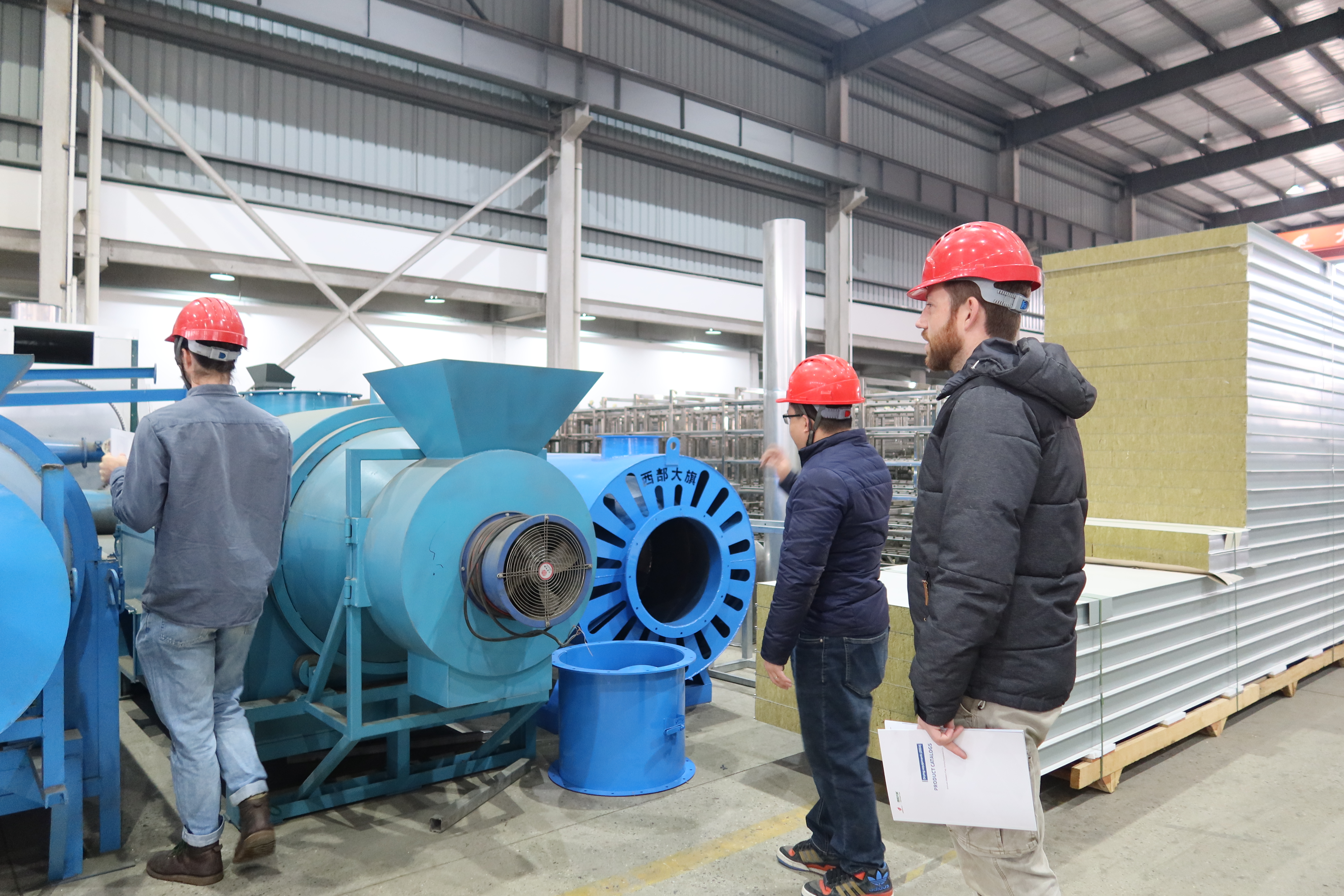Methods and Advantages of Drying Sand and Gravel Using Drying Equipment
Methods for Drying Sand and Gravel
**Pretreatment and Feeding**:
Screen the sand and gravel to remove large impurities, then evenly feed them into the drying equipment via a conveyor belt.
**Heating and Drying**:
Generate high-temperature airflow (typically 200–600°C) using gas, oil, or electric heating systems. Rapid heat exchange occurs in a rotary drum or fluidized bed to evaporate moisture.
**Temperature and Time Control**:
Adjust the drying temperature and material retention time (usually 20–60 minutes) based on the initial moisture content and target dryness.
**Cooling and Discharge**:
Cool the dried sand and gravel to a safe temperature using a cooling system, then collect and store the material.
**Dust Removal and Environmental Protection**:
Use cyclones or bag filters to minimize dust emissions and meet environmental regulations.
Advantages of Using Drying Equipment
**High Efficiency and Energy Savings**:
Compared to natural drying, equipment reduces drying time by over 90% and improves thermal efficiency, lowering energy costs.
**Weather Independence**:
Operates 24/7, unaffected by rain or low temperatures.
**Consistent Quality**:
Precise control of temperature and humidity ensures uniform moisture content (typically ≤1%), meeting industrial standards for construction or concrete production.
**Eco-Friendly and Safe**:
Closed-loop systems reduce dust pollution, and some models support waste heat recovery to cut carbon emissions.
**High Adaptability**:
Handles sand and gravel of varying sizes (0.1–50mm) and moisture levels (up to 30%), suitable for mining, construction, and foundry industries.
**Automated Operation**:
PLC control systems enable fully automated processes from feeding to discharge, minimizing manual labor.
**Conclusion**:
Drying equipment offers an efficient and eco-friendly solution for sand and gravel processing, enhancing standardization and sustainability in industrial production.
Post time: Mar-11-2025















